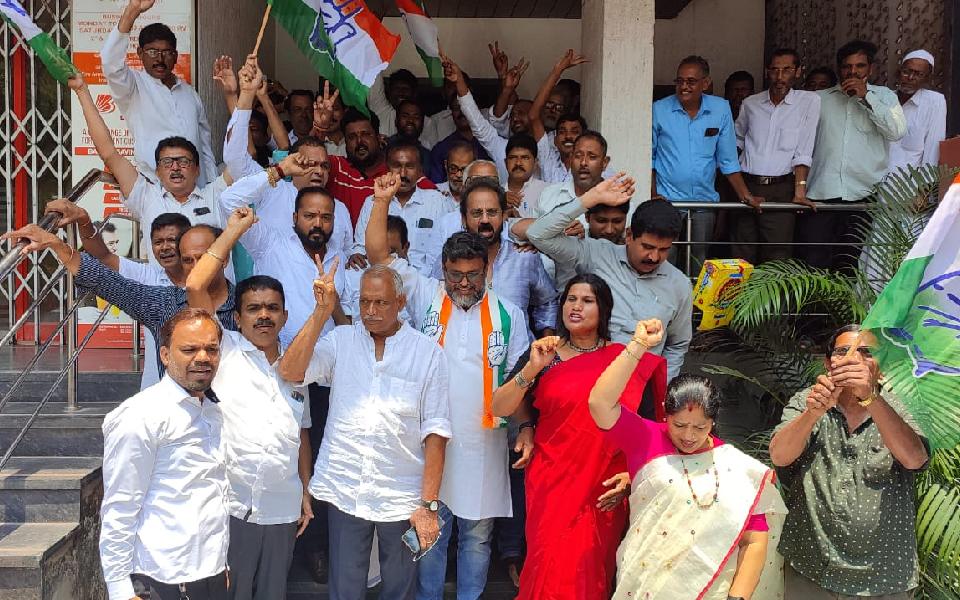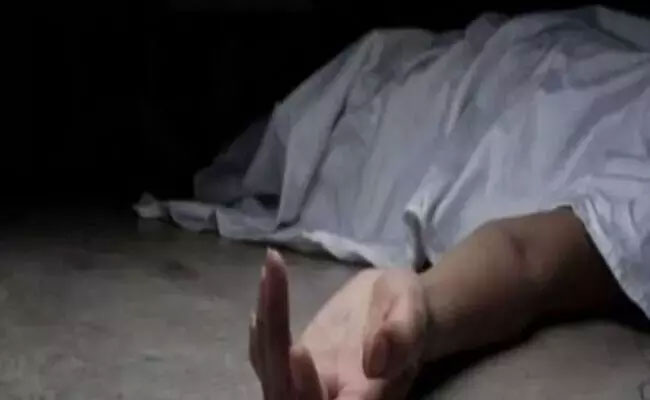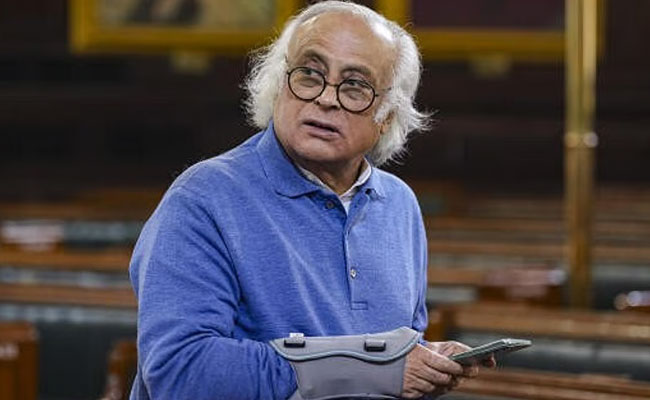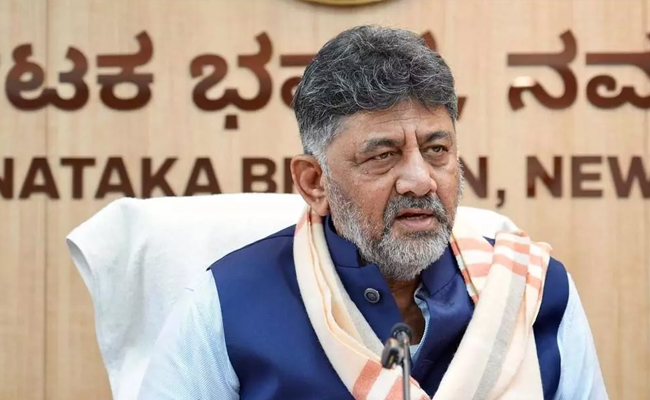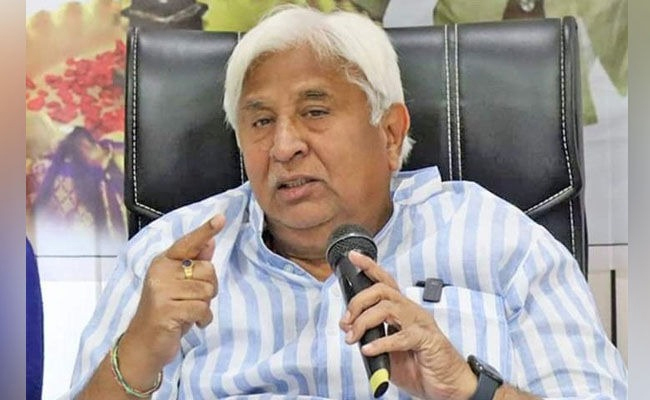Mangaluru, May 20: Congress leaders and party cadre in coastal Karnataka celebrated its government formation in the state after the swearing-in of Siddaramaiah as Chief Minister and D K Shivakumar as Deputy Chief Minister on Saturday.
Congress workers set off crackers and distributed sweets in front of the Congress Bhavan at Mallikatte in Mangaluru. Former minister Abhayachandra Jain, party leaders Naveen D'Souza, Sabitha Misquith, Shahul Hameed, Ibrahim Kodijal, and Shubodaya Alva were among those present.
In Udupi also, party workers expressed their joy by bursting crackers and distributing sweets. Udupi block Congress president Ramesh Kanchan, Krishnamurthi Acharya, Bhasker Rao Kidiyoor and others were present.
A group of lawyers in the city, who are admirers of Chief Minister Siddaramaiah, also distributed ice cream to colleagues expressing happiness over the formation of the Congress government in Karnataka.
The swearing-in ceremony took place in Bengaluru exactly a week after the Congress scored a thumping victory in the Assembly polls by winning 135 seats in the 224-member House.

Let the Truth be known. If you read VB and like VB, please be a VB Supporter and Help us deliver the Truth to one and all.
Bhubaneswar (PTI): A physiotherapist from Assam was found dead near his rented house in Odisha’s Cuttack district on Thursday, police said.
The deceased was identified as Ruhan Kakati.
After completing his physiotherapy studies in the Northeastern state, he moved to Olatpur village in the district nearly four years ago to pursue an internship at the Swami Vivekanand National Institute of Rehabilitation Training and Research (SVNIRTAR), police said.
After completing his internship, Ruhan continued to stay in Olatpur in a rented three-storey house and practiced physiotherapy in the locality, they said.
A resident of the same building found Kakati’s body in the morning and alerted the local police, an officer of Olatpur police station said.
Preliminary investigation indicated that he fell from the third floor of the building. He was staying alone in the house, the officer added.
Police have seized the body and sent it for post-mortem examination.

